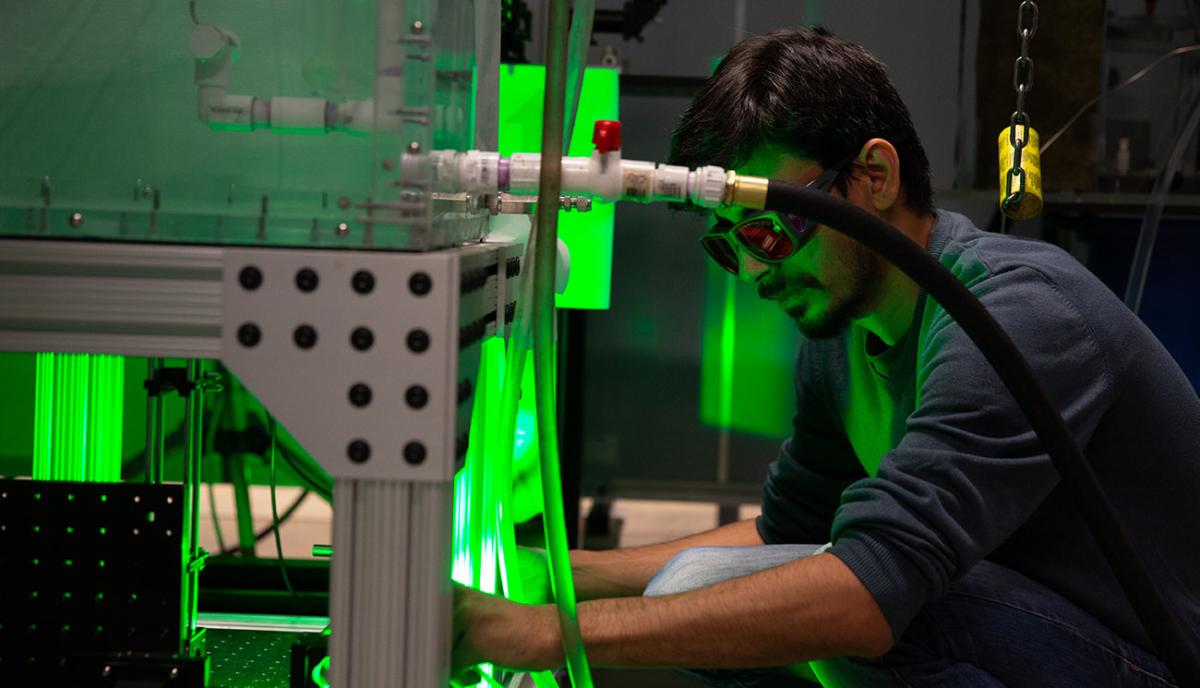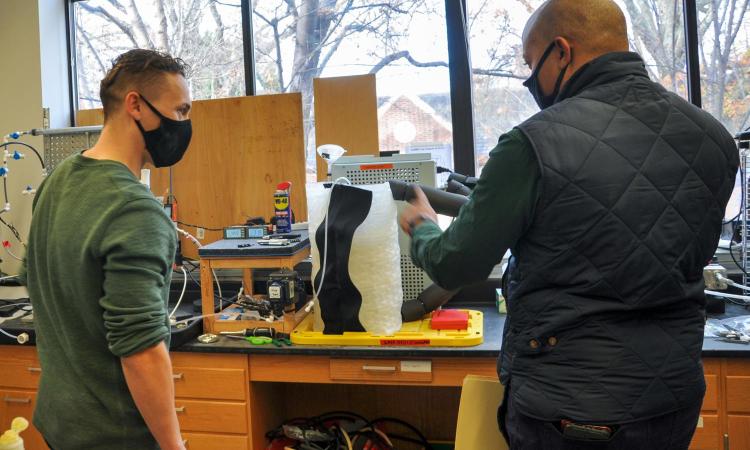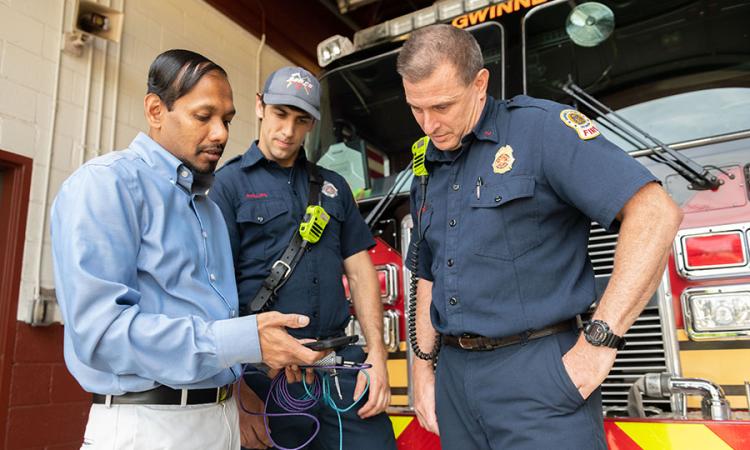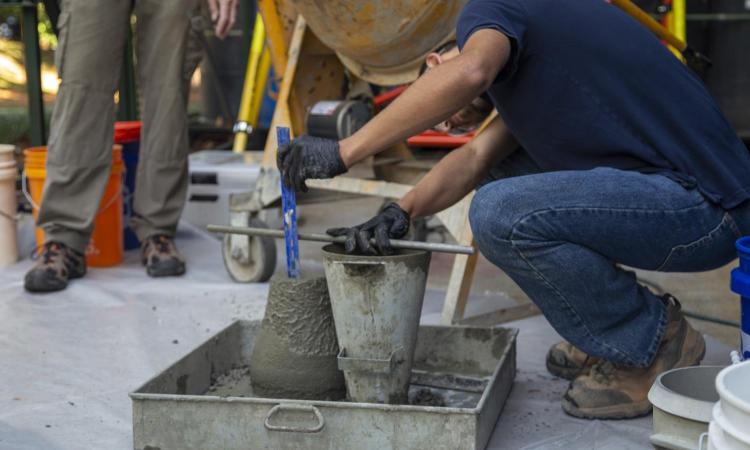
Our researchers collaborate with industry, government agencies and universities to conduct research that is significant on a local, national, and global scale.
The School of Civil and Environmental Engineering has an active and vibrant research enterprise supported by more than $80 million in sponsored funding from private industry and state and federal agencies, including the National Science Foundation, Georgia Department of Transportation, the U.S. Department of Defense, and NASA.
The School’s ability to attract sponsored projects can be attributed to our diverse research topics combined with a commitment to advances in science and technology that support the global economy, secure the health and safety of communities, and maintain and enhance the environment.
We are also committed to working across traditional boundaries to incorporate partners from other disciplines and students at all levels to address the grand challenges of our time.
Academic Groups
Our teaching and research is organized broadly across the sub-disciplines of civil and environmental engineering into six affinity groups. Visit each group's page to learn more about faculty and key research topics.
Interdisciplinary Research
Our four broad, cross-cutting research areas—Smart Cities, Healthy Communities, Sustainable Systems and Resilient Infrastructure— were created to develop new knowledge, technology and innovations, and invent a future where our global society thrives.
Undergraduate Research
Students typically do research in a lab under the guidance of a professor or an advanced Ph.D. student or post-doctoral assistant. Read about faculty research to find areas that interest you.



